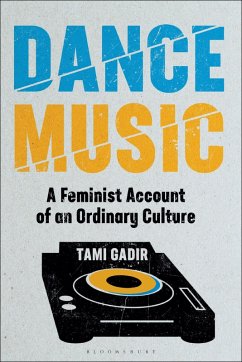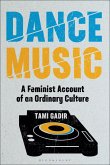For some people, at some times, in some places, on some drugs, dance music can be a gateway to transformative, even transcendent experiences. With the help of skilled DJs, dancers can reach euphoric states, discard their egos, and feel social barriers dissolve. Dance floors can be sites of openness, subversion, and even small-scale acts of political resistance. At a minimum, dance music lightens the burdens of contemporary life. At its best, dance music offers glimpses of better worlds.
Yet even where dance music communities are built on principles of resistance and liberation, they nevertheless share the grittier realities of the rest of the world.
Dance Music makes the case that dance music is ordinary and that something exceeding the social and spatiotemporal bounds of the dance floor is required for the transformative promise of dance music to be realized.
Yet even where dance music communities are built on principles of resistance and liberation, they nevertheless share the grittier realities of the rest of the world.
Dance Music makes the case that dance music is ordinary and that something exceeding the social and spatiotemporal bounds of the dance floor is required for the transformative promise of dance music to be realized.









